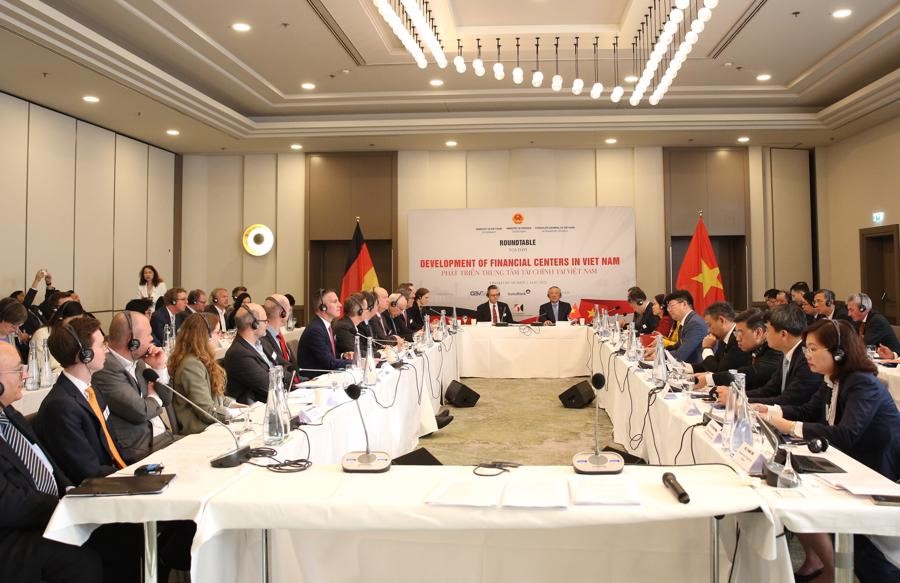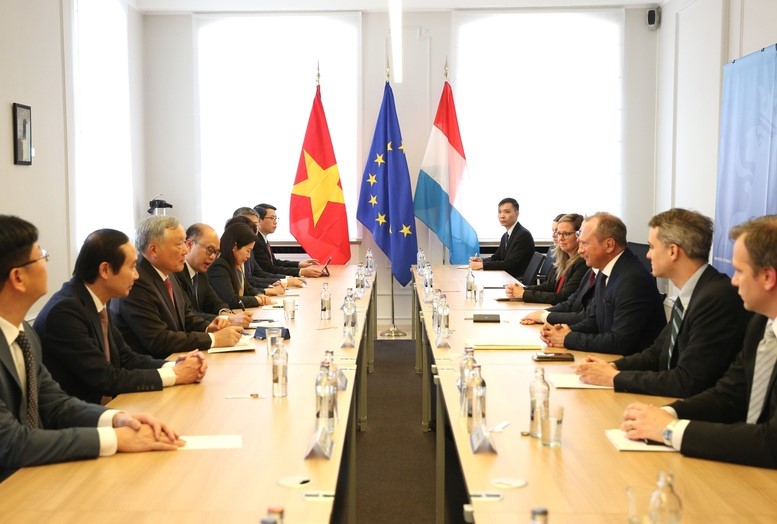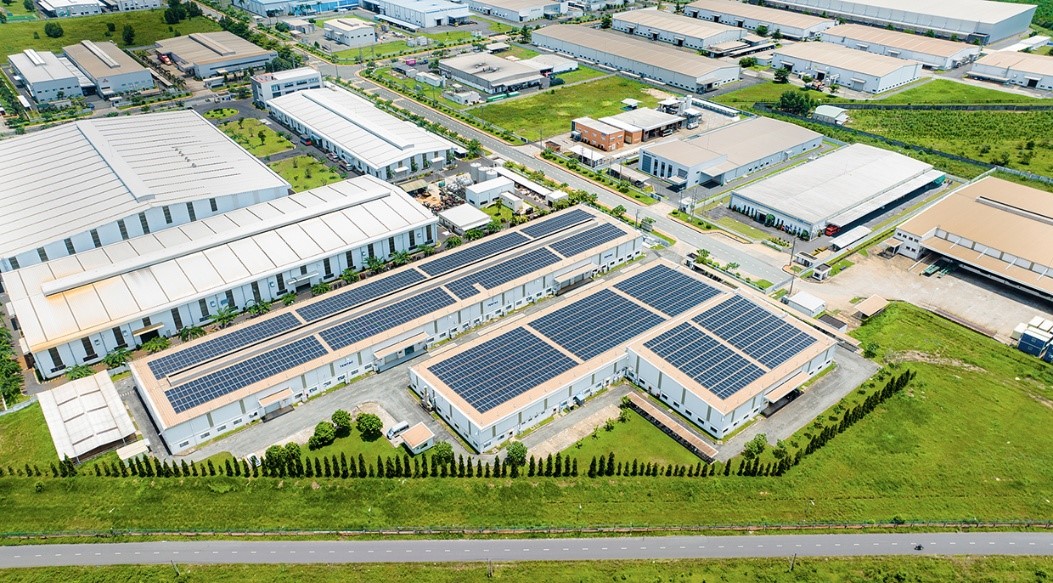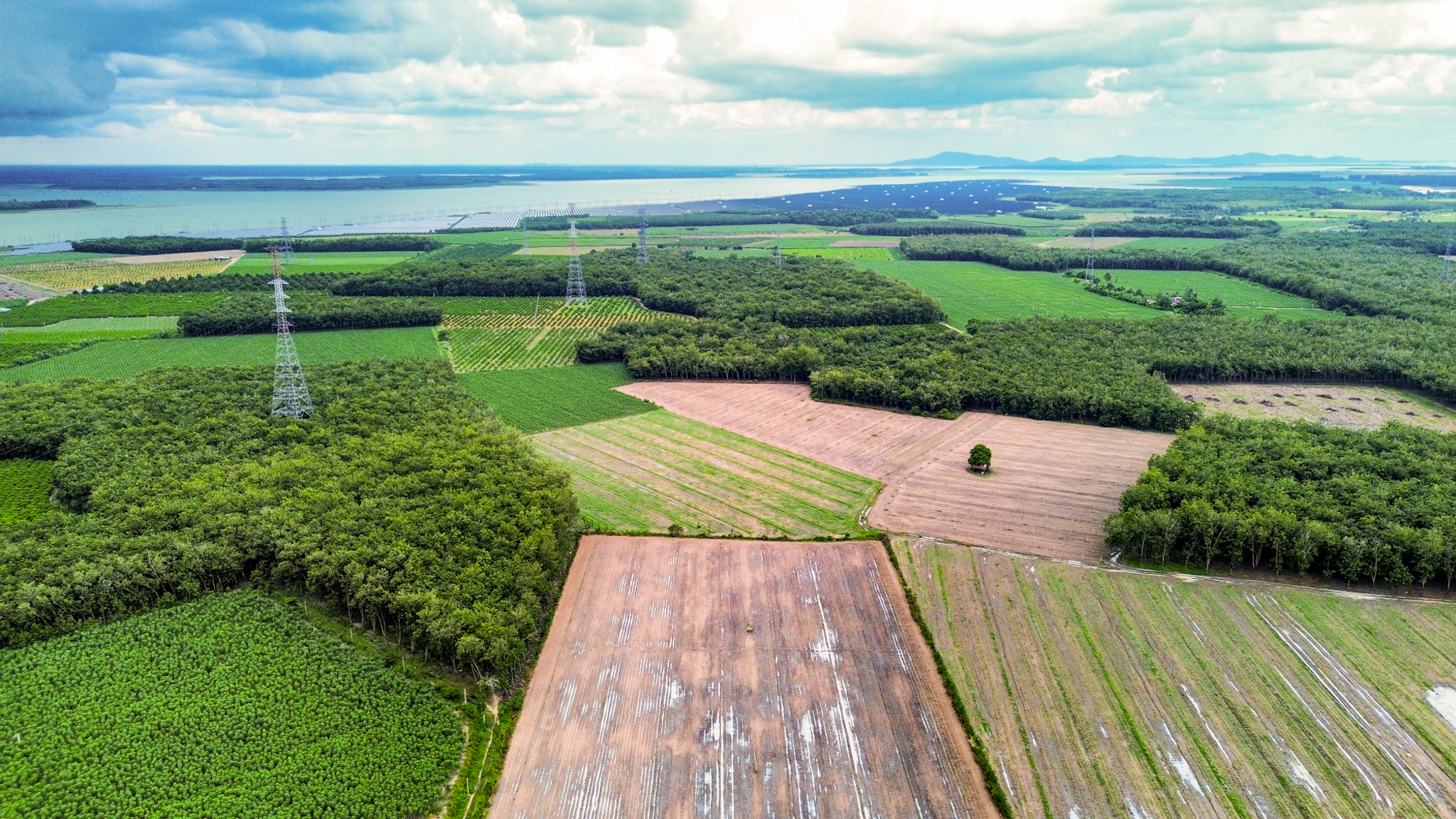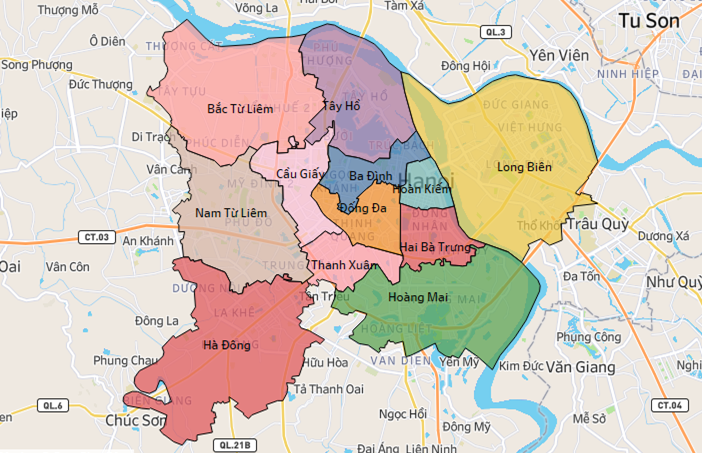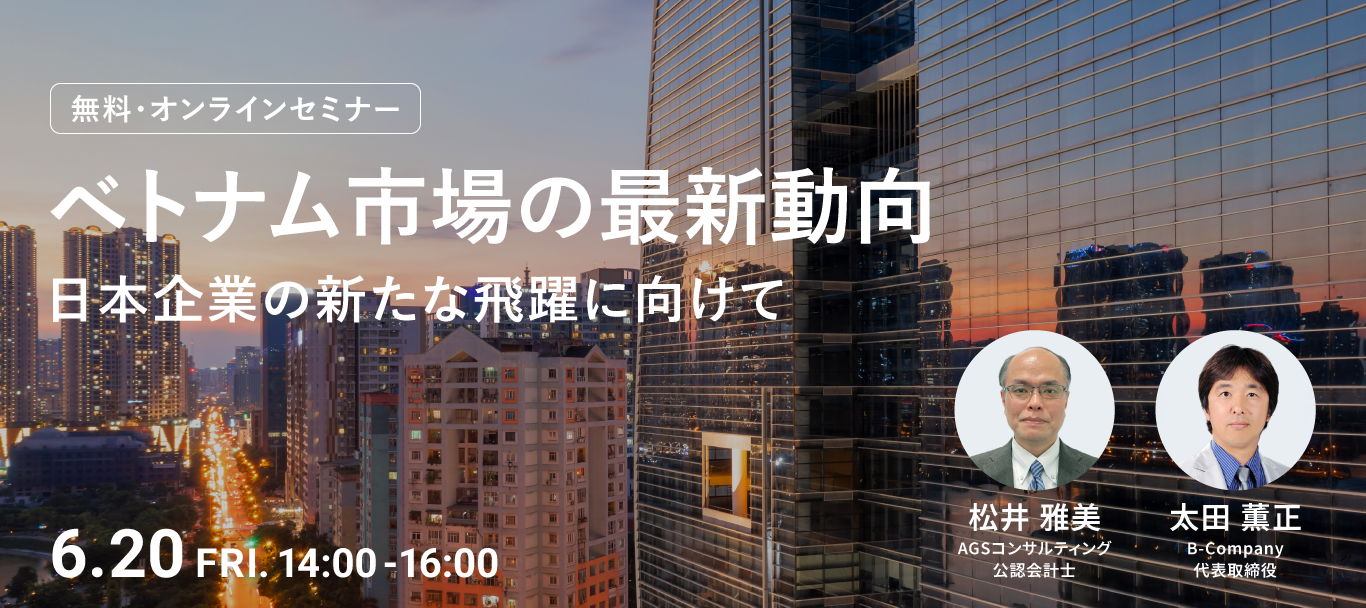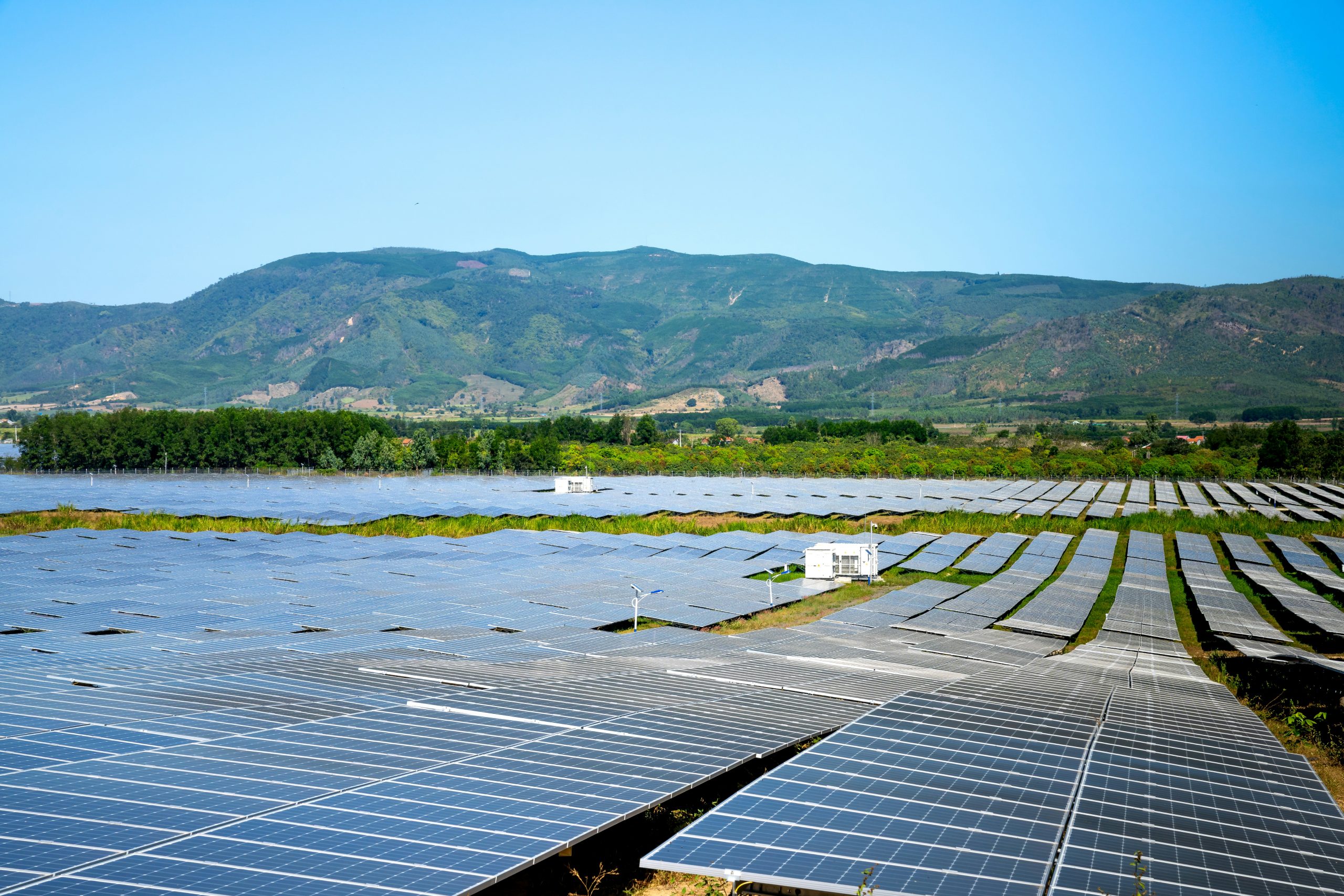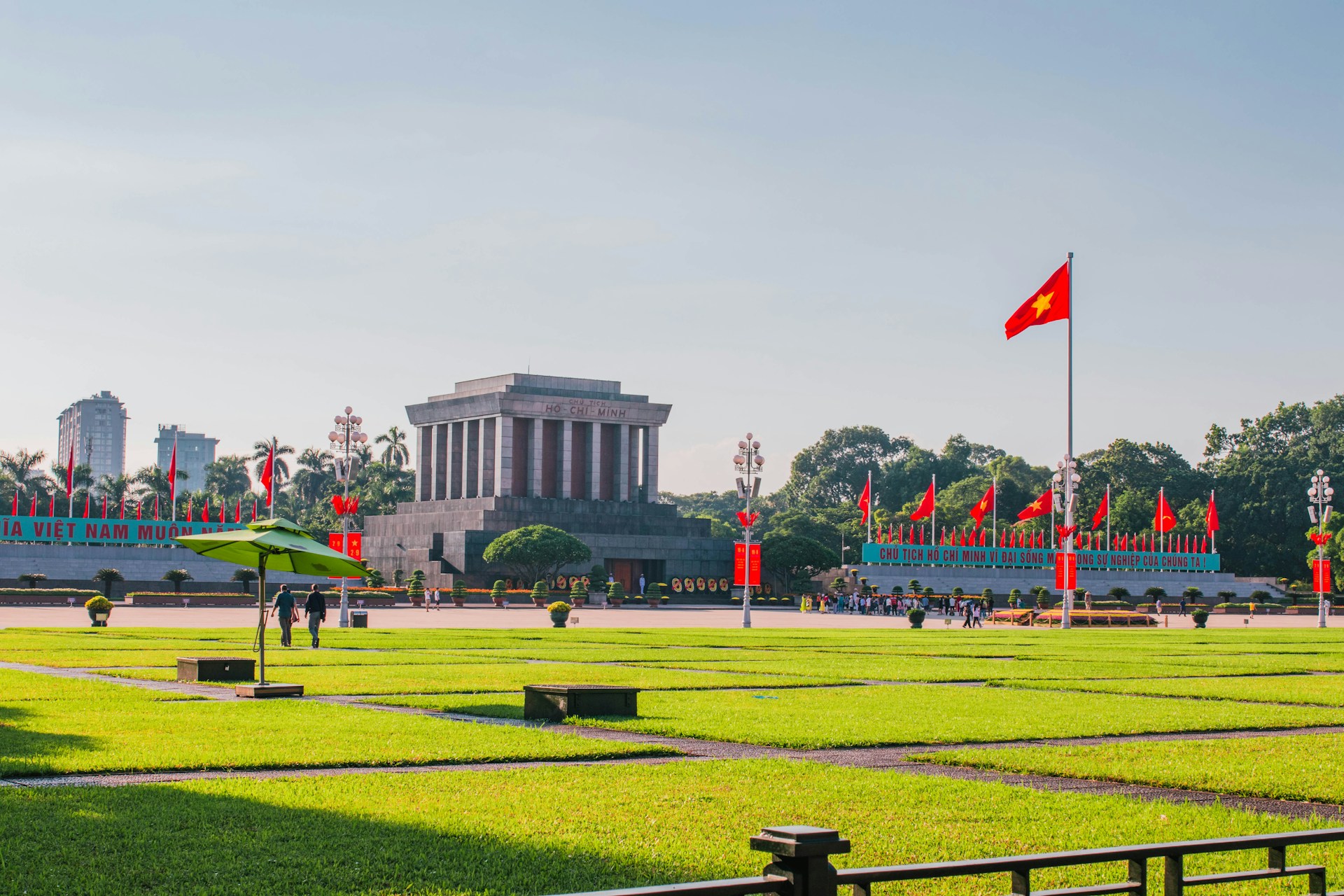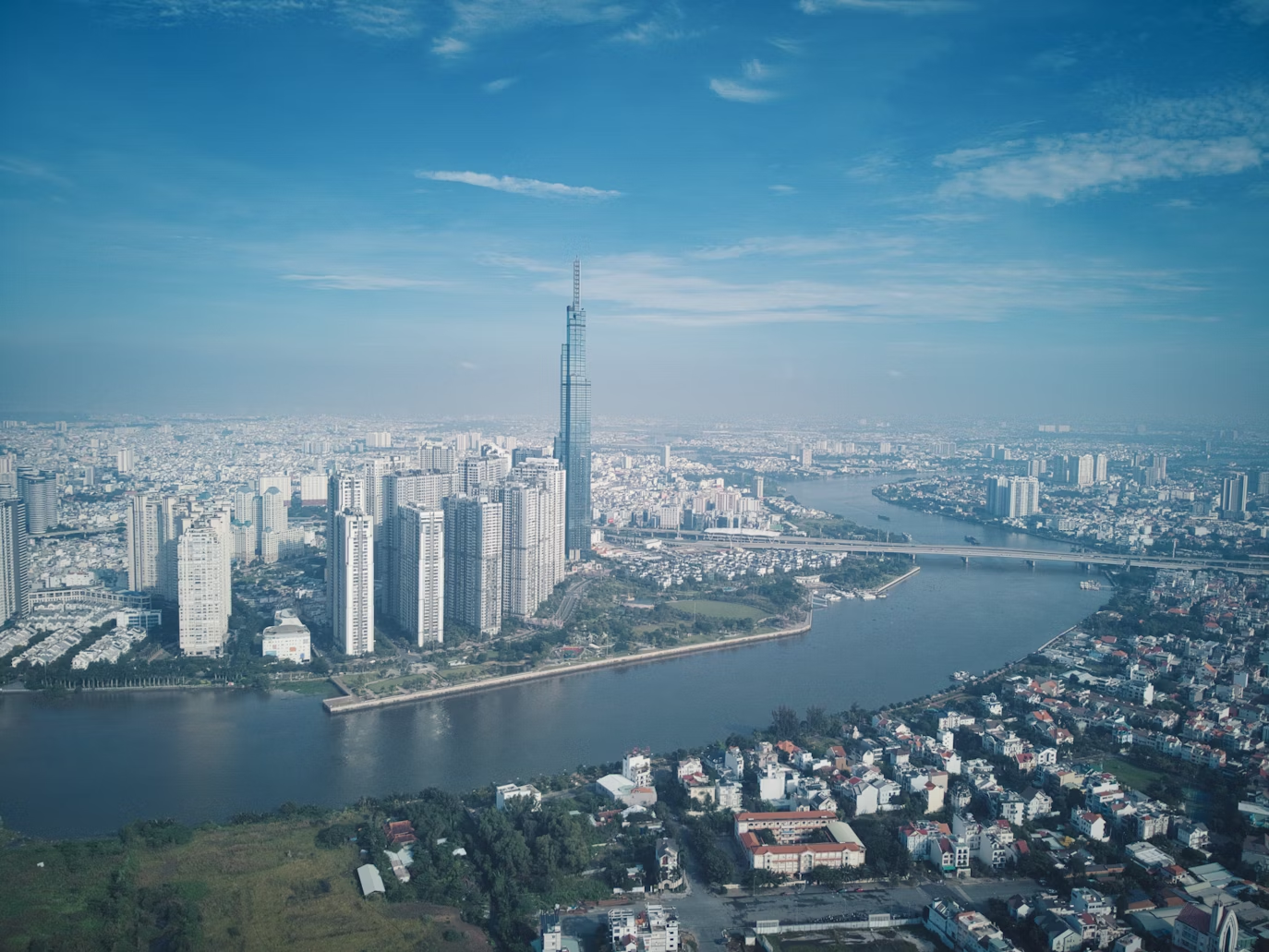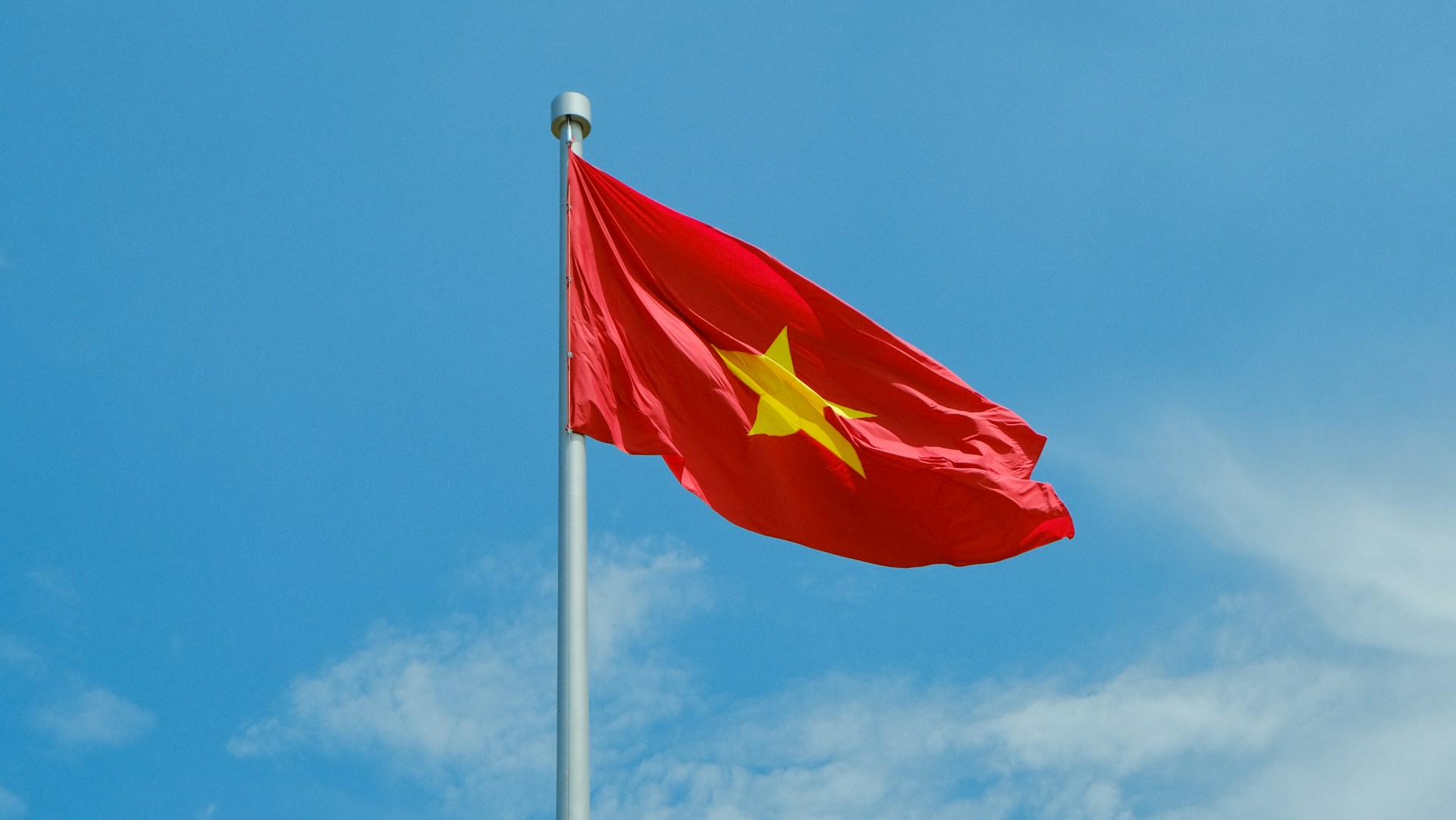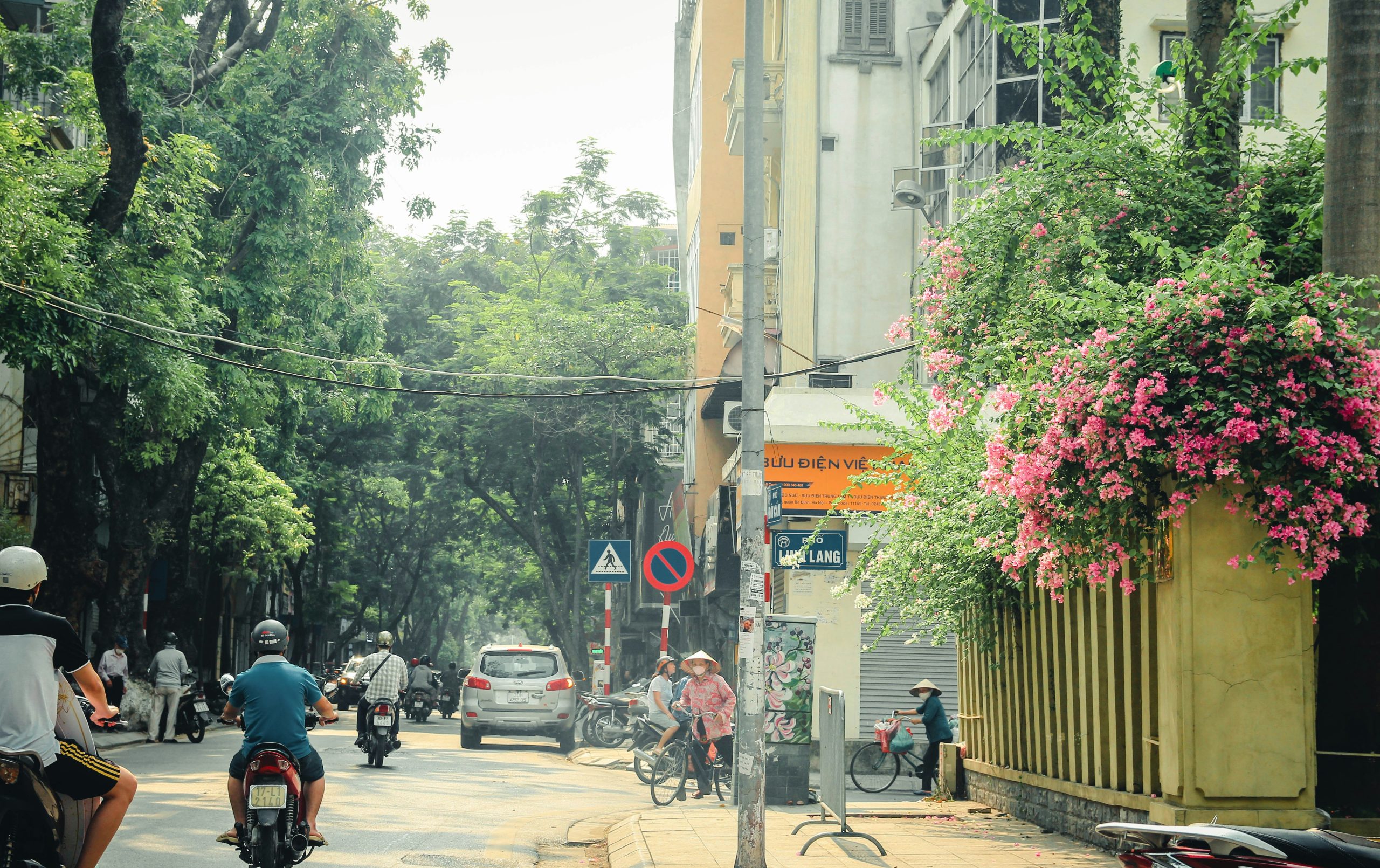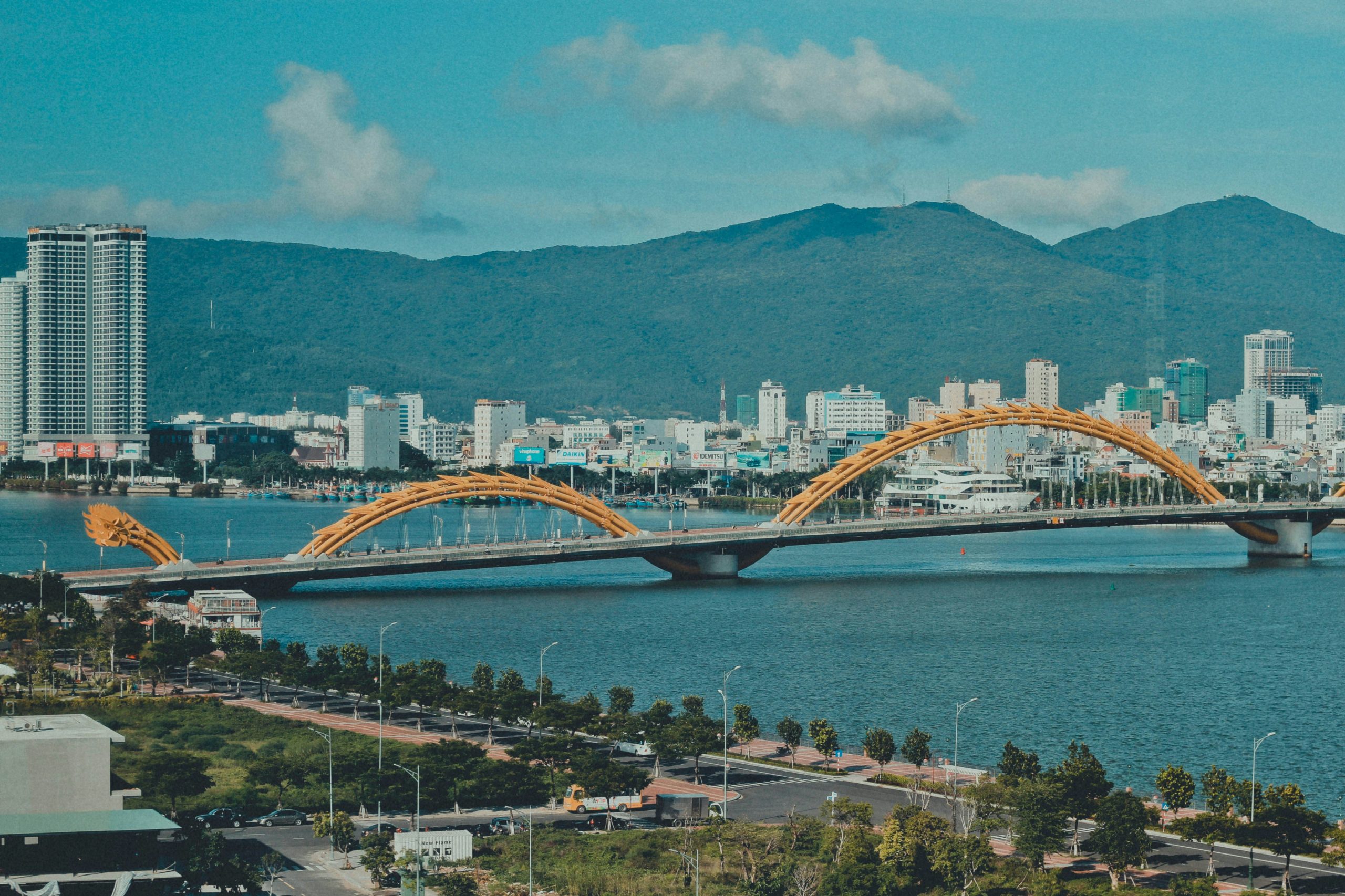
25Apr2025
Latest News & Report / Vietnam Briefing
Comments: No Comments.
Vietnam is taking a significant step toward establishing itself as a major player in the global financial landscape with its ambitious plan to develop an International Financial Center (IFC). This initiative aims to attract international capital, enhance financial services, and integrate Vietnam more deeply into the global economy. The government has been actively promoting this project, particularly in Ho Chi Minh City (HCMC), the country’s economic hub. As Vietnam pushes forward with this vision, foreign investors have a unique opportunity to participate in a financial sector that is undergoing rapid transformation.
The Vision of an International Financial Center
Vietnam’s vision to build an IFC stems from the desire to diversify its economy, deepen financial markets, and position itself as a gateway to global capital. As the country continues to climb the ladder of global economic rankings, the government recognizes that an efficient, open, and sophisticated financial system is a prerequisite for sustained development.
Despite accounting for only about 10% of Vietnam’s population and just 0.63% of its total land area, Ho Chi Minh City contributed approximately USD 70 billion to the national GDP in 2024—equivalent to around 15%—highlighting its strong potential to become a global financial center ([1]).
A critical milestone in this initiative is the development of a 9.2-hectare plot in the Thu Thiem New Urban Area in Ho Chi Minh City, which has been officially designated as the core site for the southern international financial center ([2]). This location is set to host headquarters of major financial institutions, fintech startups, and infrastructure supporting modern financial operations. The city’s People’s Committee has submitted its investment policy and awaits central government approval, which is expected to be a catalyst for construction to begin.
Panorama of Thu Thiem new urban area
Source: VnExpress
Several factors make Vietnam – particularly Ho Chi Minh city stands out as an attractive destination for investment in finance. Its political stability, consistent economic growth, and strategic location in Southeast Asia offer a competitive advantage.
Vietnam has made significant progress in building the foundations necessary for a competitive financial center. Since the Đổi Mới reforms in the late 1980s, the country has undergone rapid economic transformation. According to the General Statistics Office, Vietnam’s GDP reached VND 9,513 trillion (around USD 409 billion) in 2022—more than tenfold its size in 2000. Per capita GDP rose to USD 4,110 in 2022, and the International Monetary Fund projects this will reach USD 615.6 billion by 2024, ranking Vietnam fourth in the ASEAN-6 group.
The country’s digital economy is the fastest growing in Southeast Asia, with gross merchandise value rising 28% from USD 18 billion in 2021 to USD 23 billion in 2022. The economy is expected to grow by 31% annually through 2025. Vietnam is also one of the leading adopters of emerging technologies like fintech, metaverse platforms, blockchain, and digital currencies—demonstrating a readiness to integrate into the global financial ecosystem. In 2022, 58% of Vietnamese digital consumers used fintech solutions, including online banking, e-wallets, and money transfer apps.
Ho Chi Minh city’s geographical position is strategic, situated in a different time zone from 21 major global financial centers—giving it the potential to attract idle capital during non-trading hours. Furthermore, it lies just a 2 to 5 hour flight away from major Asian economies like Singapore, Hongkong, Tokyo and China.
Vietnam is also a member of numerous free trade agreements, including the Comprehensive and Progressive Agreement for Trans-Pacific Partnership (CPTPP), EU-Vietnam Free Trade Agreement (EVFTA), and Regional Comprehensive Economic Partnership (RCEP). These agreements improve market access, reduce trade barriers, and enhance investor confidence.
German Businesses Invited to Join the Initiative
Vietnam is actively reaching out to international partners to support its IFC ambition. A recent move includes an open invitation to German companies to participate in the development of financial centers. At a bilateral economic event in Germany, Vietnamese Deputy Minister of Finance Vo Thanh Hung emphasized Vietnam’s openness to foreign collaboration and highlighted the government’s readiness to facilitate favorable conditions for German investors in the finance sector. ([3])
The seminar on developing Financial Centers in Vietnam held in Frankfurt in March 24,2025.
Source: Vneconomy
Germany, known for its financial and technological prowess, represents an ideal partner for Vietnam. The invitation to German firms signals Vietnam’s intention to build IFCs that reflect high standards of governance, transparency, and innovation. German expertise in areas like banking technology, green finance, and compliance frameworks could play a vital role in shaping a sustainable financial ecosystem in Vietnam.
Strategic Cooperation with Luxembourg
One of the most promising developments in Vietnam’s financial journey is its collaboration with Luxembourg, a globally recognized financial hub. During Prime Minister Phạm Minh Chính’s official visit to Luxembourg in March 2025, the two countries agreed to sign an MoU focused on developing international financial centers in Vietnam. ([4])
Deputy Prime Minister Nguyen Hoa Binh meet Luxembourg’s Minister of Finance Gilles Roth in March 21,2025
Source: Invest Vietnam
Luxembourg, home to the world’s second-largest investment fund center, brings extensive experience in fund management, green finance, and financial regulation. The partnership will enable knowledge exchange and technical assistance, particularly in areas such as sustainable investment, legal frameworks, fund registration, and professional training.
This cooperation marks a turning point in Vietnam’s strategy. It demonstrates the government’s commitment to learning from global best practices and integrating its financial development into the broader global system. The MoU also paves the way for financial partnerships, joint ventures, and professional exchanges between Vietnamese and Luxembourgish financial institutions.
Challenges to Overcome
While the vision is bold, the path to establishing a functional and competitive IFC is complex. Vietnam must address several structural and policy-related challenges.
First, its legal and regulatory frameworks still contain restrictions on capital flows, foreign ownership, and currency convertibility. These issues must be addressed to meet international investor expectations and standards. The government is aware of this and is currently reviewing several policies, including amendments to the Law on Credit Institutions and other finance-related regulations.
Second, the country’s financial markets, though rapidly growing, remain relatively shallow compared to regional leaders like Singapore and Hong Kong. This includes limited financial products, insufficient liquidity, and underdeveloped derivatives markets.
Third, infrastructure, both physical and digital, needs significant upgrading. Building modern financial zones with world-class facilities, ensuring cybersecurity, and deploying high-speed digital systems will be essential to attract international institutions.
Finally, Vietnam faces a shortage of financial professionals with international training and experience. Without a skilled workforce, the country’s capacity to manage complex financial operations, innovate, and regulate markets could be constrained. However, training programs and capacity-building support from Luxembourg and other partners offer a path forward.
Foreign Investment Opportunities
Despite the challenges, the ongoing transformation offers significant opportunities for foreign investors and financial enterprises.
International banks and investment firms are likely to benefit from early entry into Vietnam’s IFCs. The liberalization of the banking sector, the rise of private wealth, and the country’s economic momentum provide a fertile ground for services in investment banking, wealth management, trade finance, and structured products.
The fintech sector also presents robust opportunities. With a large, young, and tech-savvy population, Vietnam is one of the fastest-growing fintech markets in Southeast Asia. Foreign firms can explore areas like digital payments, lending platforms, blockchain applications, and AI-based financial analytics.
Capital markets are another key area. As Vietnam seeks to upgrade its stock markets and diversify instruments, international players can establish fund management companies, brokerage firms, and advisory services. The development of green bonds and ESG-focused funds aligns well with global investment trends, especially as Vietnam integrates sustainability into its economic strategy.
Real estate and infrastructure tied to IFC development also hold immense potential. Financial centers require office towers, hotels, retail spaces, and residential projects. Real estate investors and developers can expect steady demand in these locations, especially with favorable policies likely to be introduced in designated financial zones.
Legal, accounting, compliance, and business consulting services will be critical to support the influx of financial institutions. International firms offering expertise in areas like tax advisory, AML compliance, dispute resolution, and corporate structuring are well-positioned to establish a strong presence.
Conclusion
Vietnam’s plan to develop international financial centers is an ambitious yet realistic endeavor. With strategic reforms, international cooperation, and an openness to foreign investment, the country is laying a solid foundation for its financial future. The partnership with Luxembourg, and the call for German participation, are only the beginning of a wider effort to bring global expertise into Vietnam’s financial ecosystem.
For foreign investors and enterprises, this is a unique window of opportunity. Engaging early in Vietnam’s financial transformation—whether through banking, fintech, capital markets, green finance, or advisory services—promises not only strong returns but also a chance to help shape one of Asia’s most dynamic emerging financial centers.
[1] https://www.reuters.com/markets/asia/vietnam-2024-gdp-growth-quickens-709-2025-01-06/?utm_source=chatgpt.com
[2] https://vnexpress.net/tp-hcm-se-xay-trung-tam-tai-chinh-quoc-te-tren-khu-dat-9-2-ha-tai-thu-thiem-4859683.html
[3] https://vneconomy.vn/viet-nam-moi-goi-doanh-nghiep-duc-xay-dung-trung-tam-tai-chinh-quoc-te.htm
[4] https://investvietnam.vn/viet-nam-luxembourg-to-sign-mou-on-cooperation-in-establishing-international-financial-centers-n3363.html
* If you wish to quote any information from this article, please kindly cite the source along with the link to the original article to respect copyright.
| B&Company
The first Japanese company specializing in market research in Vietnam since 2008. We provide a wide range of services including industry reports, industry interviews, consumer surveys, business matching. Additionally, we have recently developed a database of over 900,000 companies in Vietnam, which can be used to search for partners and analyze the market. Please do not hesitate to contact us if you have any queries. info@b-company.jp + (84) 28 3910 3913 |

